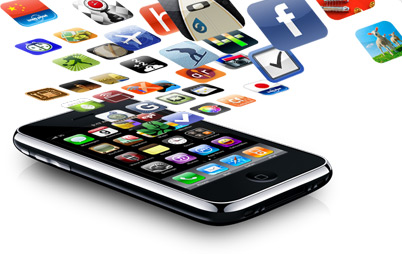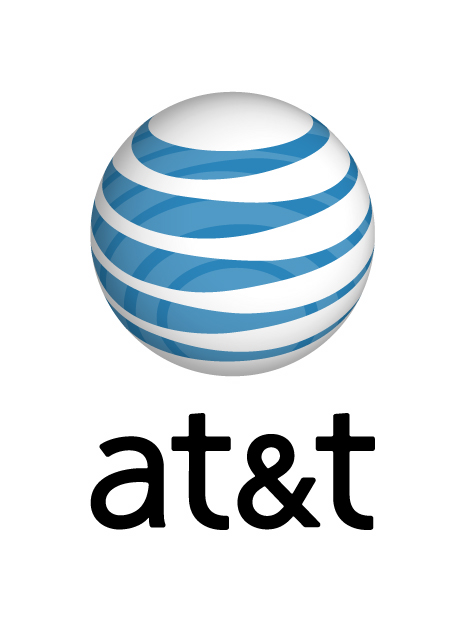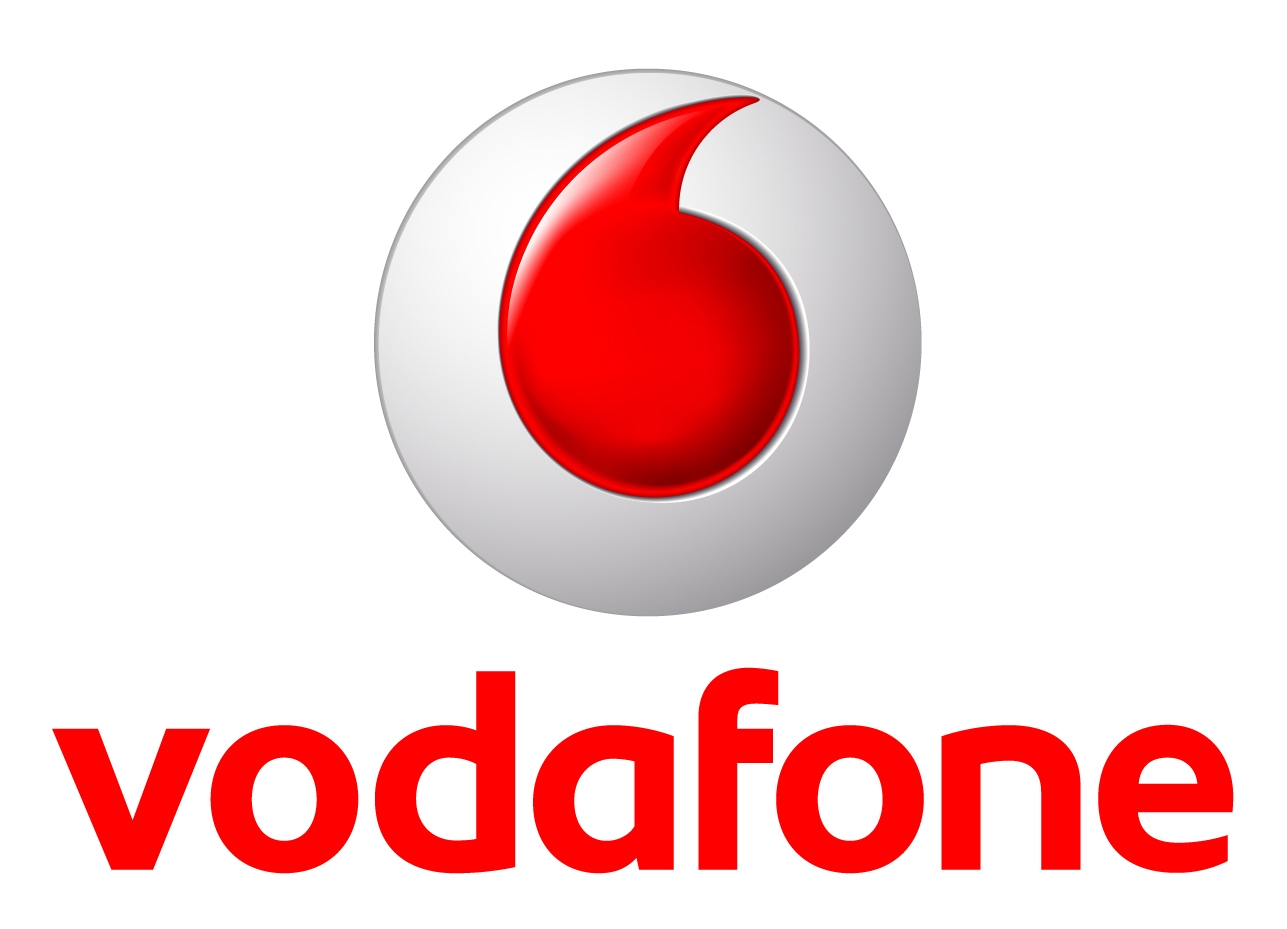 There have been rumours galore about Apple’s exclusive deals for its iPhone all over the place (see e.g. here for Verizon). New reports have now surfaced that appear to confirm that Apple is looking at this option for both the US and the UK (and, if this works, presumably also for other territories):
There have been rumours galore about Apple’s exclusive deals for its iPhone all over the place (see e.g. here for Verizon). New reports have now surfaced that appear to confirm that Apple is looking at this option for both the US and the UK (and, if this works, presumably also for other territories):
In the UK, T-Mobile confirmed it was in talks with Apple over stocking the iPhone 3G (the 3GS remaining exclusive to O2, which also has its hands on the Palm Pre) and Orange is “believed”, to be as well.
 In the US, the Verizon discussion has been around for a while. A new report now suggests that losing the exclusivity would spell doom for AT&T: the report estimates that as much as 30% of AT&T’s customer are with the carrier solely because of the iPhone exclusivity. This sounds a little high to me: after all, the iPhone penetration in the US is much lower than that (it held just under 11% market share globally in Q1/2009). Are they saying that all the other users (those with the less fancy handsets) just stay on AT&T to share into the iPhone limelight? No, I thought not…
In the US, the Verizon discussion has been around for a while. A new report now suggests that losing the exclusivity would spell doom for AT&T: the report estimates that as much as 30% of AT&T’s customer are with the carrier solely because of the iPhone exclusivity. This sounds a little high to me: after all, the iPhone penetration in the US is much lower than that (it held just under 11% market share globally in Q1/2009). Are they saying that all the other users (those with the less fancy handsets) just stay on AT&T to share into the iPhone limelight? No, I thought not…
![]() Apple is in any event in a beautiful position at the moment: so far, most of its competitors’ “iPhone killers”(Palm Pre, Blackberry Storm and innumerable devices from Samsung, LG and Nokia) have failed to challenge its numbers and, quite literally, all of the app stores set up by competitors showed meagre results compared to the – now – 1.5 bn (!) downloads in a little over a year from the Apple App Store. The good folks from Cupertino are therefore now in a pretty good position: they proved (a couple of times now) that they shift 1m+ devices – on the opening weekend! They bring a lot of sex appeal in which the carriers, not generally known for coolness, can bask. They cracked the content dilemma and produced a thriving developer community, which made people actually use their phones for all these things that have been promised for so long (iPhones are connected, most others can connect). In short: in carriers eyes, they are – aside from the horrible fact that Apple takes a healthy cut – a really good thing for networks that see themselves locked into cut-throat pricing wars over voice and SMS (bringing in, anecdotally, up to 50% of European carrier profits over the past 5 years) and craving for a way to increase user ARPU (app revenue on the iPhone is, apparently, $27 per device). Happy days…
Apple is in any event in a beautiful position at the moment: so far, most of its competitors’ “iPhone killers”(Palm Pre, Blackberry Storm and innumerable devices from Samsung, LG and Nokia) have failed to challenge its numbers and, quite literally, all of the app stores set up by competitors showed meagre results compared to the – now – 1.5 bn (!) downloads in a little over a year from the Apple App Store. The good folks from Cupertino are therefore now in a pretty good position: they proved (a couple of times now) that they shift 1m+ devices – on the opening weekend! They bring a lot of sex appeal in which the carriers, not generally known for coolness, can bask. They cracked the content dilemma and produced a thriving developer community, which made people actually use their phones for all these things that have been promised for so long (iPhones are connected, most others can connect). In short: in carriers eyes, they are – aside from the horrible fact that Apple takes a healthy cut – a really good thing for networks that see themselves locked into cut-throat pricing wars over voice and SMS (bringing in, anecdotally, up to 50% of European carrier profits over the past 5 years) and craving for a way to increase user ARPU (app revenue on the iPhone is, apparently, $27 per device). Happy days…

 There have been
There have been  ge international conglomerates are represented, namely with Vodafone, Telefonica/O2, France Telecom/Orange and Hutchison Whampoa’s 3. The strong competition would also appear to ease concerns of merger control restrictions (Vodafone would become a clear market leader in the UK): they could argue quite reasonably that there was more than capable competition in the market besides their acquisition.
ge international conglomerates are represented, namely with Vodafone, Telefonica/O2, France Telecom/Orange and Hutchison Whampoa’s 3. The strong competition would also appear to ease concerns of merger control restrictions (Vodafone would become a clear market leader in the UK): they could argue quite reasonably that there was more than capable competition in the market besides their acquisition.




